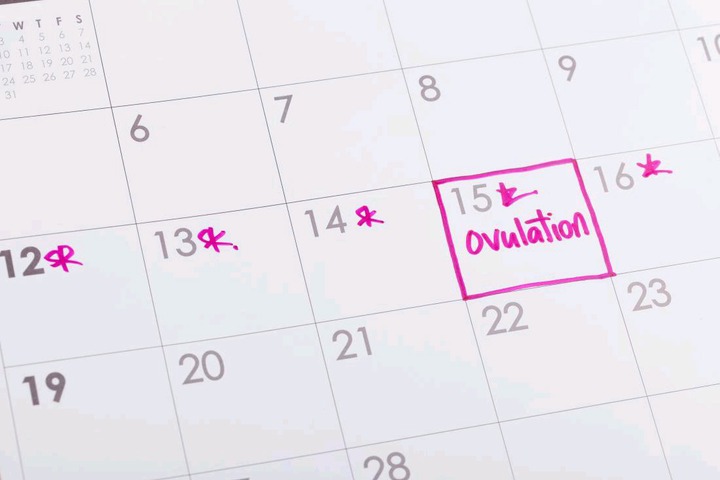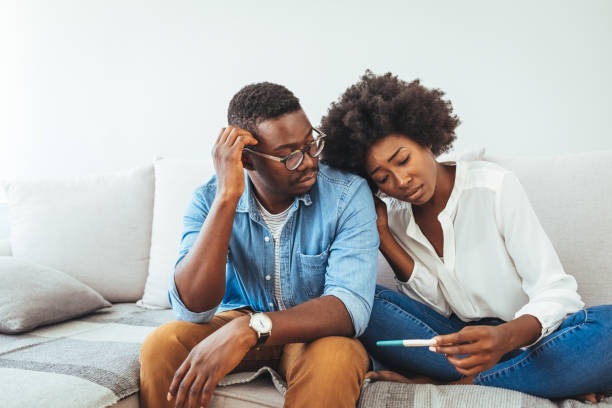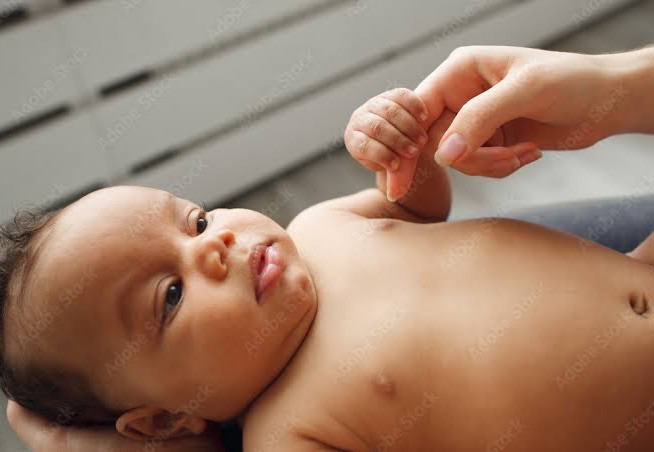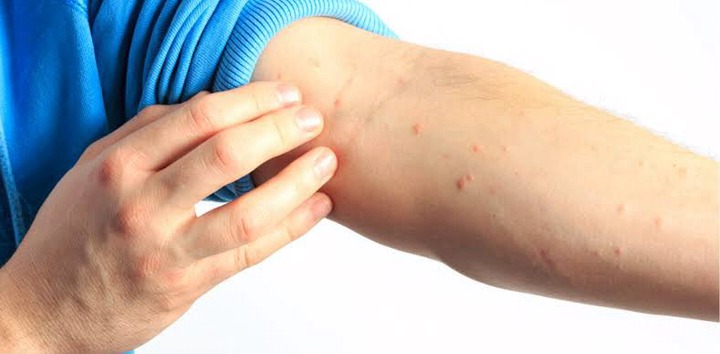After a woman’s period has ended, she is most likely to get pregnant within seven to ten days, according to WebMD. Ovulation normally occurs at this time. However, this time period will change.

The Menstrual Cycle and Menstruation
Being pregnant is referred to as going through the stages of pregnancy.
As long as the woman has intercourse before ovulation, she is still at risk of becoming pregnant. This is because sperm can survive in a female’s fallopian tubes for up to seven days. Sperm can fertilize an egg up to one week following a sexual contact, according to this rule. While pregnancy is more common on those days, unprotected sex can cause pregnancy at any time.
Pregnancy Influencing Factors
1. Old Age
She becomes less fertile as she gets older, this means that she is less likely to get pregnant. As a woman approaches her 30th birthday, her fertility declines. After the age of 40, women’s health begins to suffer. However, women above the age of 40 can become pregnant.
2. Irregular Periods
In women with irregular cycles, determining ovulation can be a challenge. Due to the fact that ovulation doesn’t take place on a regular basis, this is the case.
3. Health Conditions
There are a number of medical disorders or illnesses that can have an impact on a woman’s pregnancy. A woman should talk to her doctor about her medical records before trying to conceive to answer any queries she might have.
The Best Ways to Increase Your Chances of Having a Baby
If you’re trying to conceive, there are a number of things you may do, according to WebMD.
1. Regular intercourse
Many couples have sex at the same time of the month as ovulation. However, intercourse can occur more frequently than on ovulation days. Having a sexual encounter every other day can increase a couple’s chances of getting pregnant, according to some psychologists. A doctor should be consulted if the guy suspects a low sperm count.
2. Keep in bed
Remain in bed for around 15 minutes following sex. In this way, the sperm will have an easier time getting to the cervix. Despite popular belief, physicians don’t agree that elevating your legs in the air will assist.
3. Relaxation
Stress can interfere with ovulation. A woman who is depressed has a harder time conceiving, as a result. Harvard Medical School conducted a study on 184 infertile women. Pregnancy rates among those who finished a relaxation training course were much higher than those who did not.
4. Moderate exercise
Exercising too much can cause ovulation to be disrupted. On the other hand, a moderate amount of exercise may be healthy. Five days a week, at least 30 minutes of exercise should be performed.
5. Quit smoking
If you smoke, you may be reducing your chances of getting pregnant since smoking lowers estrogen levels.
6. Maintain a healthy diet and abstain from alcohol
Maintaining a nutritious diet and abstaining from alcohol are essential for good health. Talk to your doctor about prenatal vitamins if you’re trying to get pregnant. A win-win situation for everyone involved.











Leave a Comment